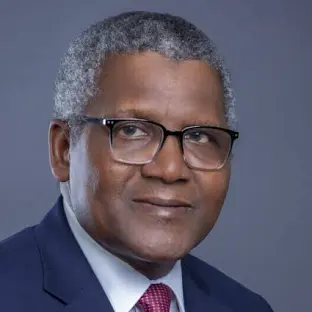Samuel Marshall
Struggles to obtain affordable petrol have re-emerged after the state-owned Nigerian National Petroleum Company Limited (NNPCL) announced its decision to raise the price of petrol on Tuesday, 3rd September 2024. This development, directly impacting the public, comes as the NNPCL is facing significant debts to its international petrol suppliers – to the tune of $6.8 billion – and is, therefore, under pressure to generate more revenue.
Currently, the official price of petrol stands at N855 per litre, while scarcity has driven the black market price to N1,300 per litre. The new price marks a significant increase from N568 per litre just a few days ago.
Explaining the increase, Chief Bayo Onanuga, the Special Adviser on Media and Strategy to President Bola Tinubu, noted on his X handle on Wednesday 4th September, that the NNPCL has decided to stop covering the discrepancy between the cost of imported products in Nigeria and their retail prices at fuel stations. According to him, NNPCL may go bankrupt if it continues to protect Nigerians.
Onanuga highlighted the situation wherein the NNPCL has to discontinue subsidies and allow market forces to determine petrol prices to prevent bankruptcy. He noted, “The situation has greater implications for the ability of the three tiers of government to function as the NNPC has failed to pay into the Federation Account, the money that should go to the government”.
But labelling the price hike as a clandestine increase, the Nigeria Labour Congress (NLC) President, Joe Ajaero, criticized President Tinubu and expressed shock and dismay, commenting on the increase with a “deep sense of betrayal”.
The NLC remembered that they accepted the N70,000 national minimum wage with the condition that the pump price of petrol would not increase. Ajaero stated that during negotiations, President Tinubu presented the NLC with two options: either a minimum wage of N250,000 (with the possibility of a pump price increase between N1,500 and N2,000) or N70,000 at the old petrol rate. He explained that the NLC chose the latter option, only to be surprised by the increase in petrol price on Tuesday.
Said he, “Here we are, barely one month later, with the government yet to commence payment of the new minimum wage, confronted by a reality we cannot explain”. He charged the government with reneging on its promises and implementing “aggressive right-wing market policies” that have driven the Nigerian populace to their “all-time low.” The policy is expected to drive inflation even higher.
The President of the NLC also condemned the government’s crackdown on protesters alleging unjust arrest and detention of citizens who had recently protested against the prevailing hunger that is hard to bear, with some of the protesters arraigned on charges of subversion and treasonable felony.
Onanuga, on the other hand, gave reassurances and said: “When Dangote Refinery and other refineries, including government-owned Port Harcourt Refinery, come fully on stream, our country and economy will benefit on all fronts. There will be many good paying jobs that will be created along the value chain.” He expressed confidence that with the coming of the Dangote Refinery, there will also be a drop in the huge demand for foreign exchange to import petroleum products.
Although Onanuga’s optimism provides a glimmer of hope amidst the crisis, his enthusiasm is dismissed by analysts who emphasize that Dangote’s factory is privately owned and not wholly to be trusted by government for earnings. They say that President Tinubu’s ability to effectively manage the difficult situation and guide Nigeria’s oil industry towards a more sustainable path will be crucial in determining the country’s economic future.****

